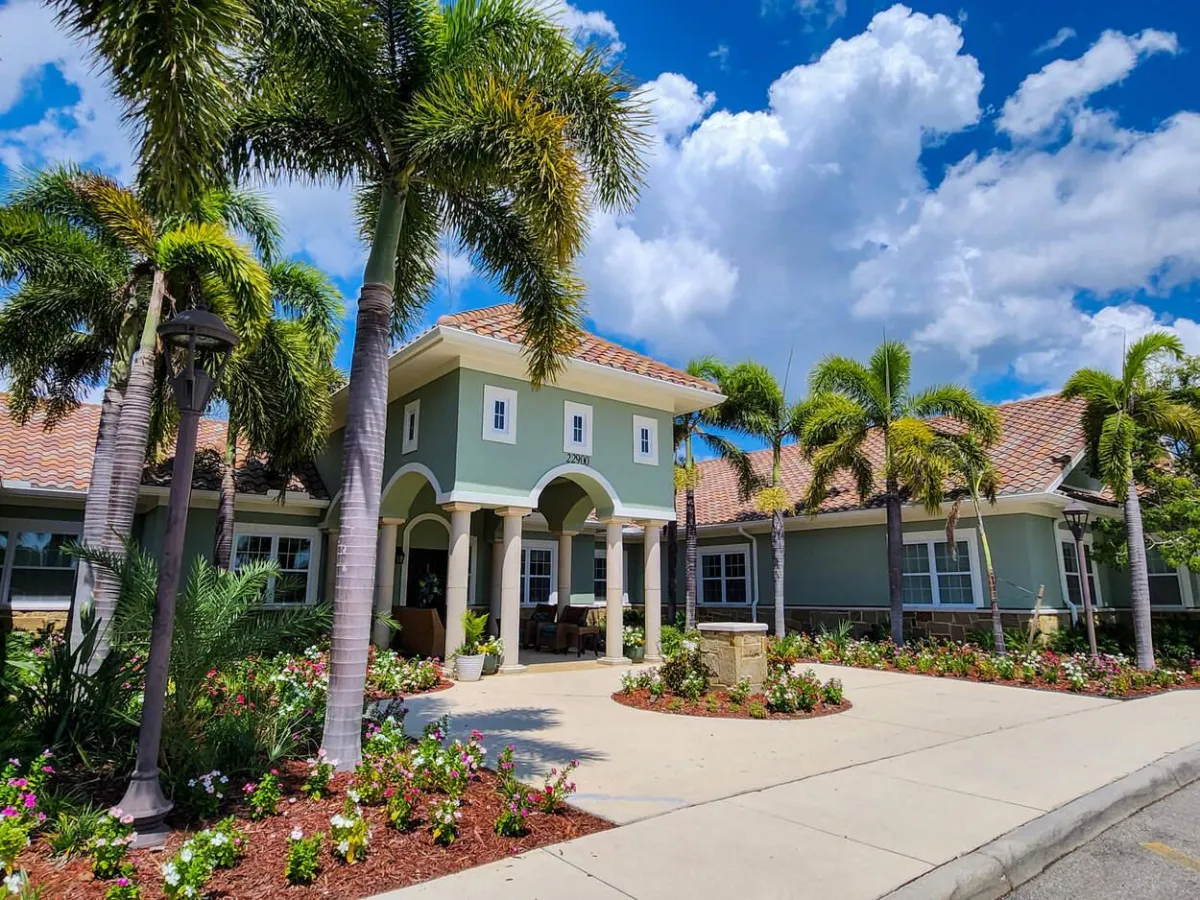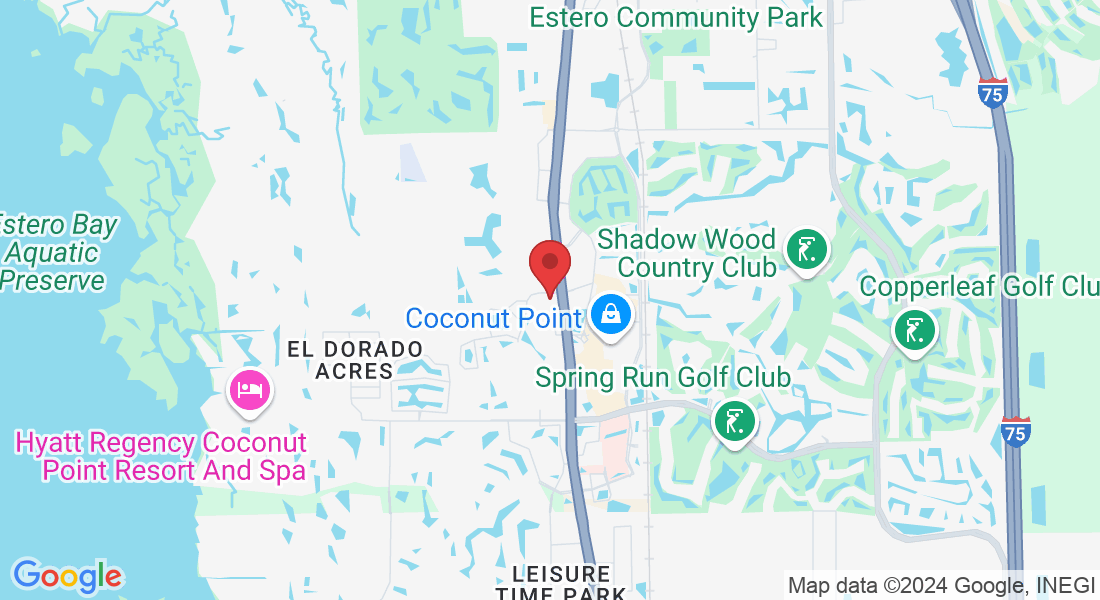Memory Care Resources
Enjoy these articles on finding the right care for your loved one

What to Expect from a Long-Term Care Plan: A Step-by-Step Guide
Planning for long-term care can feel overwhelming, especially when you're balancing medical needs, financial considerations, and emotional concerns for a loved one. Whether you're exploring options for yourself or helping a family member, having a well-thought-out care plan in place can make all the difference. This guide will walk you through the essential steps of creating a long-term care plan that prioritizes comfort, dignity, and peace of mind.
Why Long-Term Care Planning is Important
As we age, our needs inevitably change. For some, this may involve assistance with daily tasks, while others may require specialized support like memory care. A long-term care plan ensures that these needs are anticipated and addressed, reducing stress for both individuals and their families.
Step 1: Assess Current and Future Needs
The first step in creating a care plan is understanding the level of care required. Consider:
Daily living activities: Does your loved one need help with bathing, dressing, or eating?
Health conditions: Are there chronic illnesses, mobility issues, or cognitive impairments to plan for?
Social and emotional needs: How important are activities, companionship, and a sense of community?
For those requiring memory care, it’s crucial to evaluate cognitive challenges like forgetfulness, confusion, or behavioral changes. These indicators can help determine when transitioning to a memory care community might be appropriate.
Step 2: Explore Long-Term Care Options
Once you have a clear understanding of your loved one’s needs, it's time to explore available care options.
In-Home Care: Staying at home with support from caregivers or visiting health aides can maintain familiarity and independence.
Assisted Living: These communities provide help with daily tasks while encouraging social interaction and independence.
Memory Care Communities: For individuals with Alzheimer’s or dementia, specialized memory care in Estero, Florida, offers tailored programs, secured environments, and skilled staff trained to meet cognitive needs.
Nursing Homes: For those requiring extensive medical care, nursing homes provide round-the-clock supervision and healthcare services.
When evaluating options, keep personal preferences in mind. Some people may thrive in a lively assisted living setting, while others may benefit more from the focused support of a memory care program.
Step 3: Consider Financial Factors
Finances play a significant role in care for your loved one. It’s essential to budget carefully and explore all available resources.
Private Pay: Savings, retirement funds, and investments are often the first resources families tap into.
Insurance: Long-term care insurance can help cover the costs of assisted living or nursing homes, but policies vary widely.
Government Assistance: Programs like Medicaid can assist with nursing home expenses for eligible individuals, while Medicare covers specific short-term services.
Veterans Benefits: If your loved one is a veteran, they may qualify for additional support.
Discussing finances with a professional planner can clarify your options and prevent unexpected expenses later.
Step 4: Address Legal and Medical Planning
Having the right legal and medical documents in place is another critical component of a long-term care plan.
Advance Directives: These documents outline healthcare preferences, ensuring your loved one's wishes are honored.
Power of Attorney: Designating a trusted individual to make financial or medical decisions is essential, especially if cognitive decline is a concern.
Guardianship: In cases where a person can no longer make decisions for themselves, legal guardianship may be necessary.
Collaborate with an elder care attorney to ensure all documents are accurate and up to date. This proactive step can save time and stress during critical moments.
Step 5: Select the Right Care Environment
Choosing a proper care community is one of the most personal and impactful decisions in planning your loved one's care. Take the time to research and visit potential options.
Tour communities: Observe cleanliness, staff interactions, and resident happiness.
Ask questions: How is care personalized? What activities are offered? Is there a strong focus on safety and security?
Review credentials: Make sure the community is licensed and meets regulatory standards.
If you're exploring memory care in Estero, Florida, look for communities that offer structured programs, sensory activities, and compassionate staff who understand the unique needs of individuals with memory loss.
Step 6: Develop a Personalized Care Plan
Once you've chosen a care setting, work with professionals to create a care plan tailored to your loved one’s needs.
Medical care: Include treatment plans, medication management, and regular check-ups.
Daily routines: Incorporate familiar habits, preferences, and hobbies to maintain a sense of normalcy.
Social engagement: Focus on opportunities for social interaction, whether through group activities, outings, or one-on-one time.
Regularly revisit the plan and adjust it as health conditions or personal preferences evolve.
Step 7: Stay Involved and Advocate
Even with a care plan in place, your role as a family member doesn’t end. Staying involved ensures your loved one continues to receive the best possible care.
Maintain communication: Regularly check in with caregivers and community staff to stay updated on your loved one’s progress.
Visit frequently: Whether it’s weekly visits or virtual check-ins, consistent contact shows support and helps you identify any issues early.
Monitor care quality: Watch for signs of neglect or changes in behavior, and address concerns promptly.
Planning for the Unexpected
Long-term care planning isn’t a one-time task—it’s an ongoing process. Be prepared for unexpected changes, whether it’s a sudden health decline or the need for additional services. Having a flexible mindset and maintaining open communication with care providers will help you navigate these challenges.
The Benefits of Early Planning
By starting the planning process early, you can avoid rushed decisions during a crisis. This not only gives you time to evaluate all options but also provides peace of mind for everyone involved. In places like Estero, Florida, families have access to exceptional resources and communities, making it easier to find the right care environment.
Final Thoughts
Creating a long-term care plan may seem daunting, but it’s one of the most compassionate steps you can take for a loved one. From assessing needs to exploring options like memory care, each decision is a building block for a more secure and fulfilling future. By approaching the process with care, patience, and a clear plan, you’ll ensure your loved one receives the support they deserve—both now and in the years to come.

Gulf Coast Memory Care
(239) 221-6120
22900 Lyden Dr, Estero, FL 33928
AL# 12921





